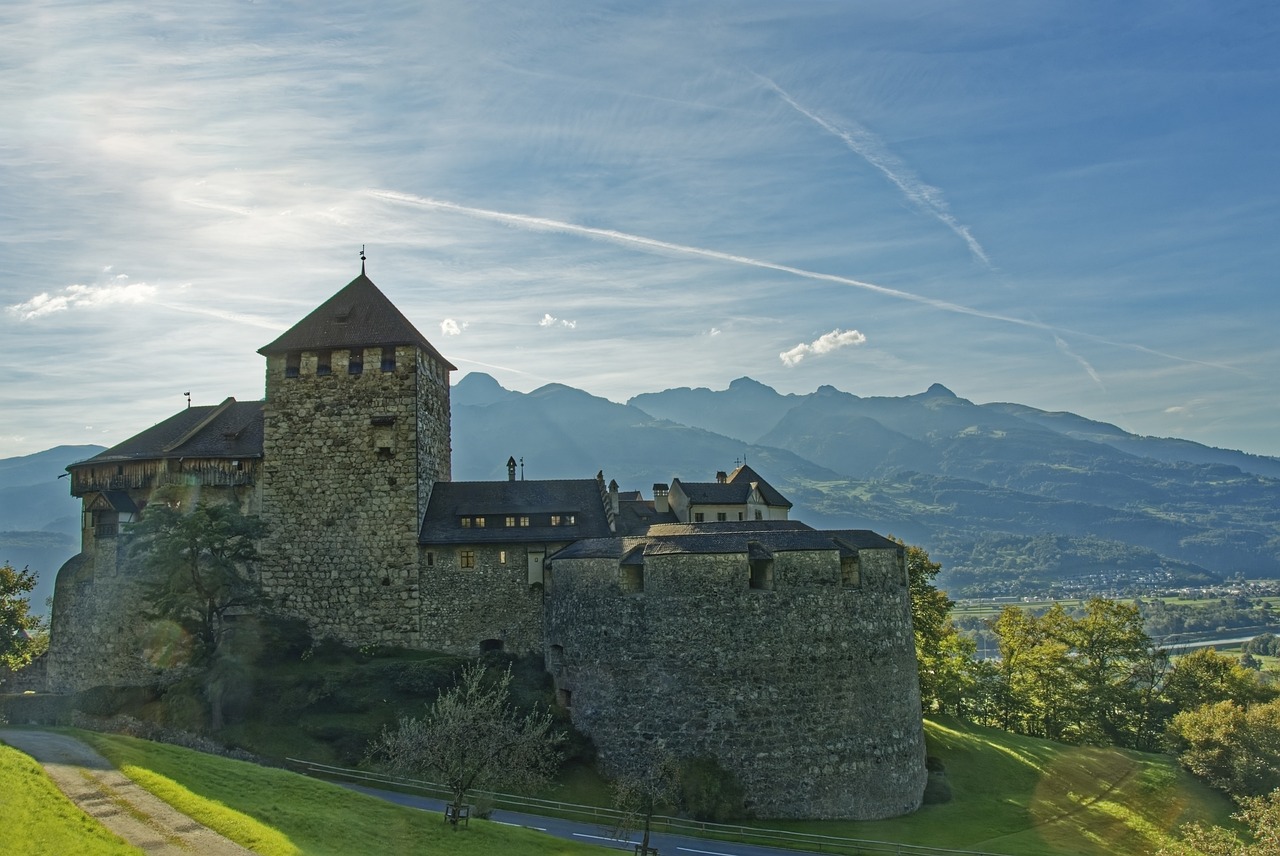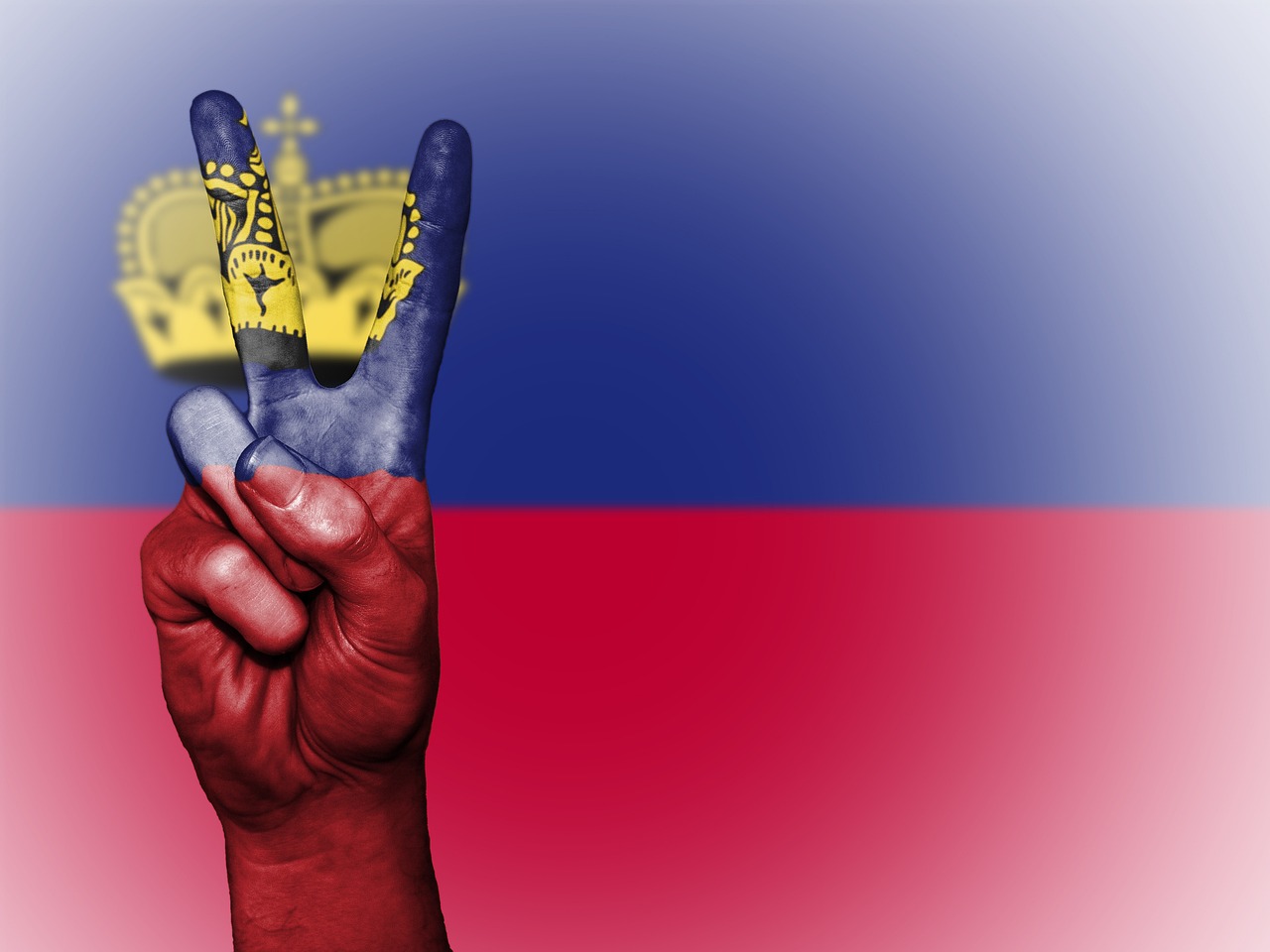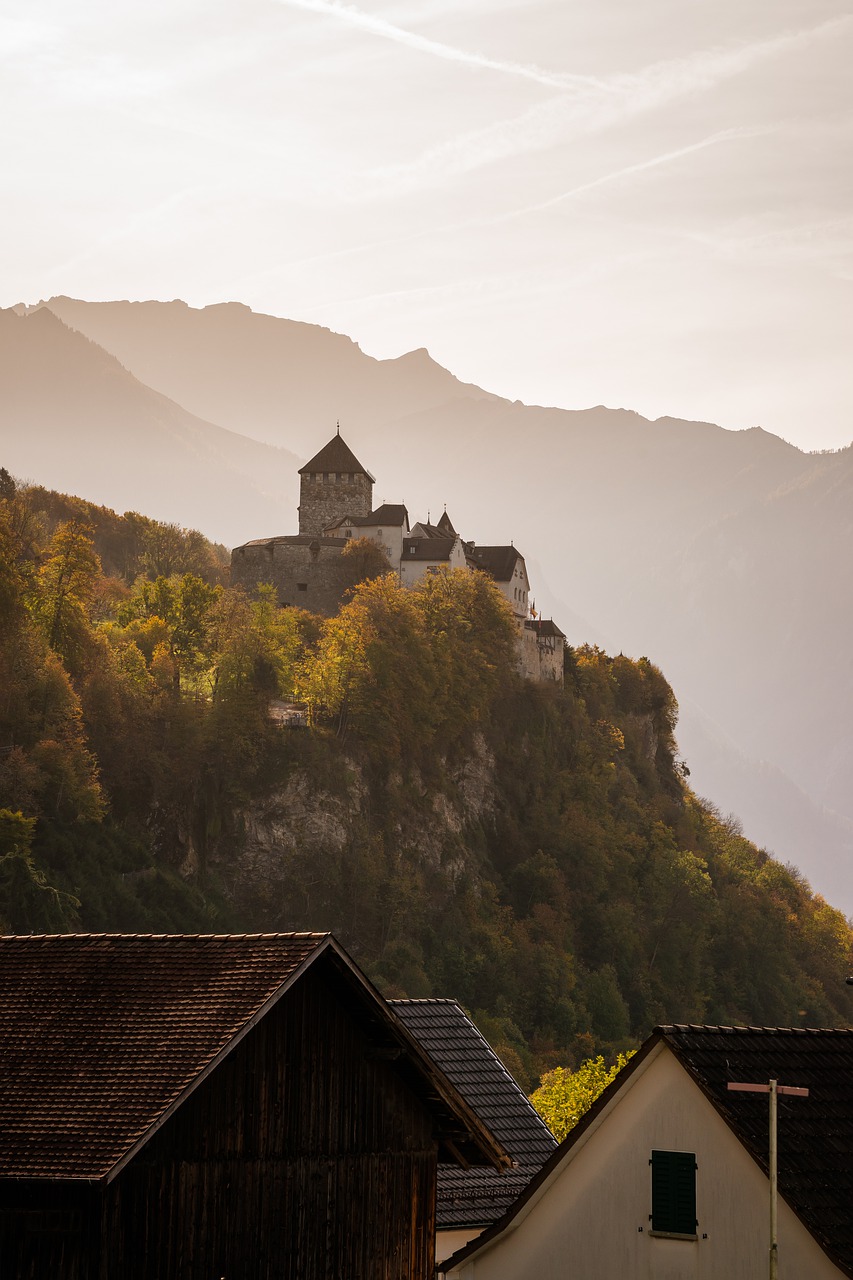Liechtenstein Video
Getting Around: Transportation Tips for Liechtenstein
Liechtenstein, a small but picturesque country nestled between Switzerland and Austria, offers visitors a unique travel experience. With its stunning landscapes, charming towns, and rich cultural heritage, exploring Liechtenstein is a delight. To make the most of your trip, it’s important to be familiar with the transportation options available in the country. This article provides detailed information on various modes of transportation in Liechtenstein, including public transportation, taxis, and car rentals, to help you navigate the country with ease.
Public Transportation
Public transportation in Liechtenstein is efficient and well-connected, making it an excellent option for getting around. The Liechtenstein Bus network operates an extensive network of buses that cover all major towns and attractions in the country. Here are some key points to keep in mind when using public transportation in Liechtenstein:
- Bus Routes: Liechtenstein Bus operates several bus routes that connect various towns and attractions. The routes are well-marked and timetables can be easily accessed online or at bus stops.
- Ticketing: Tickets for the bus can be purchased directly from the bus driver. It’s important to note that the currency accepted on buses is Swiss Franc (CHF). Alternatively, you can also consider purchasing a day pass if you plan to use public transportation extensively.
- Schedules: Buses in Liechtenstein generally operate from early morning until late evening, with reduced frequency during weekends and public holidays. It’s advisable to check the schedules in advance to plan your journey accordingly.
- Accessibility: Liechtenstein Bus is equipped with facilities to accommodate passengers with disabilities. Buses are wheelchair-accessible, and assistance is available for passengers with mobility challenges.
- Integration with Swiss Network: Liechtenstein Bus is integrated with the Swiss public transportation network, allowing for seamless travel between Liechtenstein and neighboring Swiss towns.
Taxis
Taxis are readily available in Liechtenstein and offer a convenient mode of transportation, especially for shorter journeys or when public transportation is not available or suitable. Here are some important details about taxis in Liechtenstein:
- Taxi Stands: Taxi stands can be found in major towns and tourist areas. It’s advisable to look for designated taxi stands or hail a taxi from the street rather than relying on unlicensed vehicles.
- Booking: Taxis in Liechtenstein can be booked in advance through various taxi companies or hailed on the spot. It’s recommended to book in advance during peak travel seasons or for specific time-sensitive journeys.
- Fares: Taxi fares in Liechtenstein are regulated and charged based on a meter. It’s always a good idea to confirm the fare with the driver before starting the journey to avoid any confusion.
- Payment: Taxis in Liechtenstein accept both cash and credit card payments. However, it’s advisable to carry some Swiss Francs (CHF) in cash for smaller transactions or in case of any issues with card payments.
Car Rentals
Renting a car in Liechtenstein can be a great option for those who prefer flexibility and independence while exploring the country. Here are some important points to consider when renting a car in Liechtenstein:
- Rental Companies: Several international and local car rental companies operate in Liechtenstein. It’s advisable to compare prices, check reviews, and book in advance to secure the best deal.
- Driver’s License: To rent a car in Liechtenstein, you must have a valid driver’s license from your home country or an International Driving Permit (IDP).
- Traffic Regulations: Familiarize yourself with the traffic regulations in Liechtenstein before driving. The country follows right-hand traffic, and speed limits are strictly enforced.
- Parking: Parking spaces are available in towns and cities, but it’s important to pay attention to parking restrictions and follow the designated parking zones to avoid fines.
- Border Crossings: Liechtenstein is a landlocked country, and it’s important to check the rules and regulations regarding border crossings if you plan to drive to neighboring countries.
Liechtenstein Image 1:

Exploring the Outdoors
Liechtenstein is known for its stunning natural landscapes, and exploring the outdoors is a must-do activity for nature enthusiasts. Here are some outdoor destinations in Liechtenstein that are worth exploring:
- Rheinpark: Located in Vaduz, Rheinpark is a beautiful park along the Rhine River. It offers picturesque walking trails, picnic spots, and stunning views of the surrounding mountains.
- Malbun: A popular skiing and hiking destination, Malbun is a picturesque Alpine village nestled in the mountains of Liechtenstein. It offers a range of outdoor activities, including skiing, snowboarding, hiking, and mountain biking.
- Gutenberg Castle: Situated on a hilltop in Balzers, Gutenberg Castle provides panoramic views of the Rhine Valley. The castle grounds feature well-maintained gardens and historical exhibits.
- Eschnerberg Trail: This scenic hiking trail stretches across the Eschnerberg mountain range, offering breathtaking views of the surrounding countryside. The trail is well-marked and suitable for hikers of all levels.
Liechtenstein Image 2:

Exploring Culture and History
Liechtenstein boasts a rich cultural heritage and a fascinating history. Exploring the country’s cultural and historical sites is a great way to immerse yourself in its traditions and past. Here are some notable destinations:
- Vaduz Castle: Perched on a hill overlooking Vaduz, the capital city, Vaduz Castle is the official residence of the Prince of Liechtenstein. While the castle itself is not open to the public, it offers a stunning backdrop for photos.
- Liechtenstein National Museum: Located in Vaduz, the Liechtenstein National Museum showcases the country’s history, art, and cultural artifacts. It offers a comprehensive overview of Liechtenstein’s heritage.
- Postage Stamp Museum: Situated in Vaduz, the Postage Stamp Museum displays a vast collection of stamps from around the world. It provides insights into the history of postal services and stamp production.
- St. Florin Cathedral: Found in Vaduz, St. Florin Cathedral is a beautiful Romanesque-Gothic church dating back to the 12th century. Its stunning architecture and intricate stained glass windows are worth admiring.
Liechtenstein Image 3:

Conclusion
Liechtenstein offers a blend of natural beauty, cultural experiences, and historical sites. By familiarizing yourself with the transportation options available, such as public transportation, taxis, and car rentals, you can easily navigate the country and make the most of your visit. Whether you’re exploring the outdoors or immersing yourself in the country’s rich history, Liechtenstein has something to offer every traveler.
References
– liechtenstein.li (Official Tourism Website of Liechtenstein)
– liechtenstein-bus.li (Liechtenstein Bus)
– vaduz.li (Official Website of Vaduz)
– rentalcars.com (Car Rental Services in Liechtenstein)
– taxiliechtenstein.li (Taxi Services in Liechtenstein)
– swissrent.com (Car Rental Services in Switzerland)


